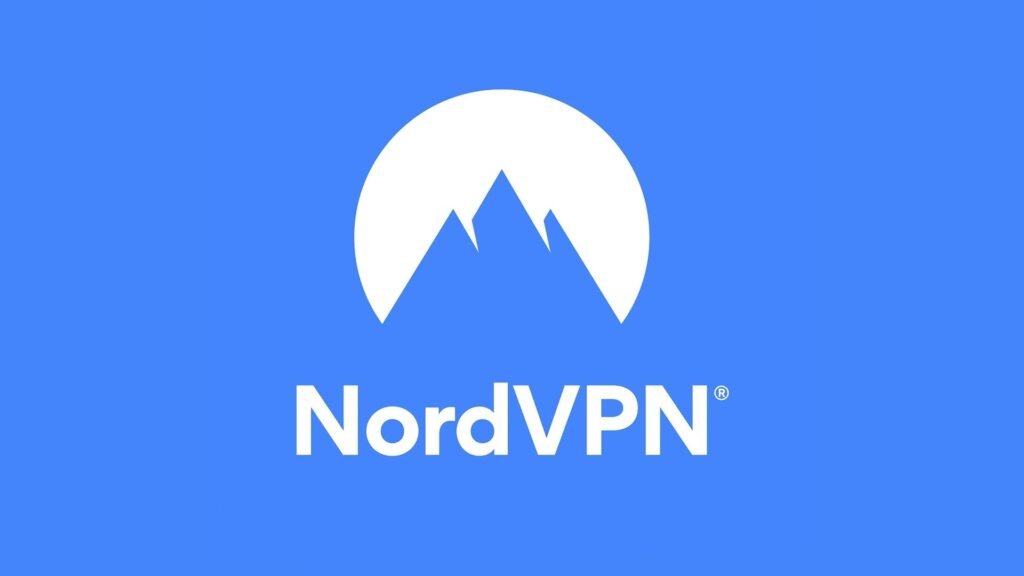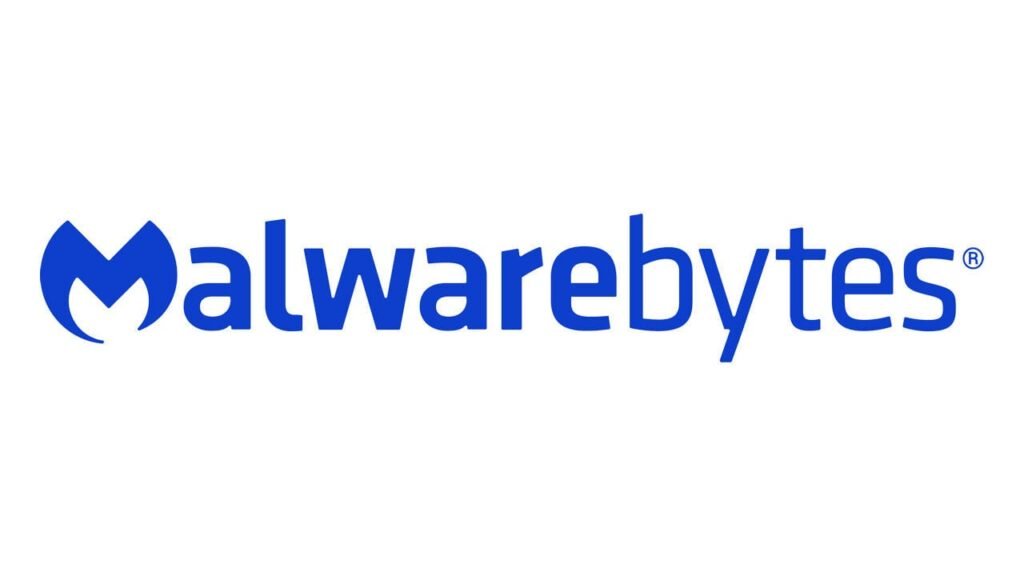Did you know that 84% of bloggers and SEO specialists reported that AI and automation influenced their SEO strategy in 20231? As competition intensifies in the digital landscape, leveraging AI for SEO has become more crucial than ever. By utilizing AI-powered methodologies, you can streamline your processes and enhance your search engine rankings effectively. Marketers who employ AI for SEO save an average of 12.5 hours per week, translating to an incredible 25-26 extra working days annually1. This time efficiency can drastically improve your productivity and focus on developing creative strategies that can set your brand apart.
In this guide, you’ll learn the ins and outs of how to use AI for SEO to identify target audience needs, uncover keyword opportunities, and optimize content. AI tools are evolving rapidly, with the top AI SEO tools in 2024 expected to feature a robust AI core and seamless integration with existing systems1. This transformation in how we approach SEO presents unprecedented opportunities for businesses to enhance their visibility on search engines.
With AI’s ability to create diverse content types and gather real-time insights, it aids marketers in improving engagement through content that resonates with their audience2. Get ready to discover how you can harness these powerful tools to drive your SEO strategy forward.
Key Takeaways
- • Utilizing AI can significantly influence your SEO strategy.
- • Averaging 12.5 hours saved per week thanks to AI allows more time for innovative projects.
- • The top AI tools for SEO provide tailored features and integration capabilities.
- • AI assists in generating fresh content ideas and optimizing existing materials for higher engagement.
- • Content relevance and visibility in SERPs are enhanced using AI-powered solutions.
Understanding AI in SEO
Artificial Intelligence (AI) is reshaping the landscape of SEO by integrating smart technologies into traditional processes. With AI SEO, you can optimize your web pages effectively to achieve enhanced visibility on search engine results pages (SERPs). By understanding the definition of AI SEO and its transformative potential, you can leverage AI-powered SEO strategies to significantly improve your online presence.
Definition of AI SEO
AI SEO refers to the optimization of web pages using artificial intelligence technologies, including machine learning and natural language processing. These technologies facilitate advanced data analysis and decision-making, leading to improved search engine rankings. According to a survey, over half (53%) of marketers and business owners reported an increase in engagement after optimizing content, while 49% noted improvements in rankings and traffic3.
How AI Transforms SEO Strategies
AI revolutionizes SEO by automating tedious tasks and enhancing analytical capabilities. It unveils valuable insights and improves content relevance, allowing marketers to prioritize strategic initiatives over manual processes. Google began using AI to enhance its SEO ranking algorithm back in 2016, highlighting the growing importance of AI in this field4. With platforms like Google Analytics and ChatGPT, analyzing SEO data and identifying trends has become more accurate and efficient4.
AI-powered tools such as Semrush's Copilot streamline data analysis, enabling faster keyword research and content optimization. Tools like these help in identifying high-quality link-building opportunities while alerting you to lost backlinks from authoritative domains3. By integrating these AI-driven strategies into your SEO practices, you ensure your approach is not only efficient but also effective in meeting audience needs and improving overall site performance.
How to Use AI for SEO
Utilizing AI for SEO involves several crucial steps that can significantly enhance your online presence. By identifying target audience needs, uncovering keyword opportunities, and optimizing content effectively, you can leverage AI capabilities for remarkable results.
Identifying Target Audience Needs
AI tools can analyze audience behavior and preferences, allowing you to understand what resonates with your demographic. By leveraging these insights, you can create content that meets the specific needs of your audience, improving engagement and attracting more visitors. Over the last five years, hundreds of AI use cases and thousands of tools have been studied to understand how AI can transform SEO, providing marketers with vital information tailored to their audience5.
Uncovering Keyword Opportunities
AI-driven keyword research tools automate the analysis of extensive keyword databases. These tools enable you to quickly identify relevant keywords and content ideas that are likely to drive traffic to your site. AI-powered tools for SEO can analyze a website's authority and personalize keyword research specifically for your needs, ensuring more effective targeting5. Additionally, Conductor offers features that help assess competitors' market share and provides insights into top driving keywords, which can further inform your strategy6.
Optimizing Content with AI
Implementing AI-generated suggestions allows you to enhance your existing content. From tweaking headlines to addressing user intent, AI can significantly improve your content's ranking potential. AI tools can recommend topics to cover, aiding in the creation of optimized content that not only fills content gaps but also maintains a human touch to avoid being flagged as AI-generated spam by search engine algorithms6. This optimization process is crucial in maintaining the relevance and quality of your content over time.
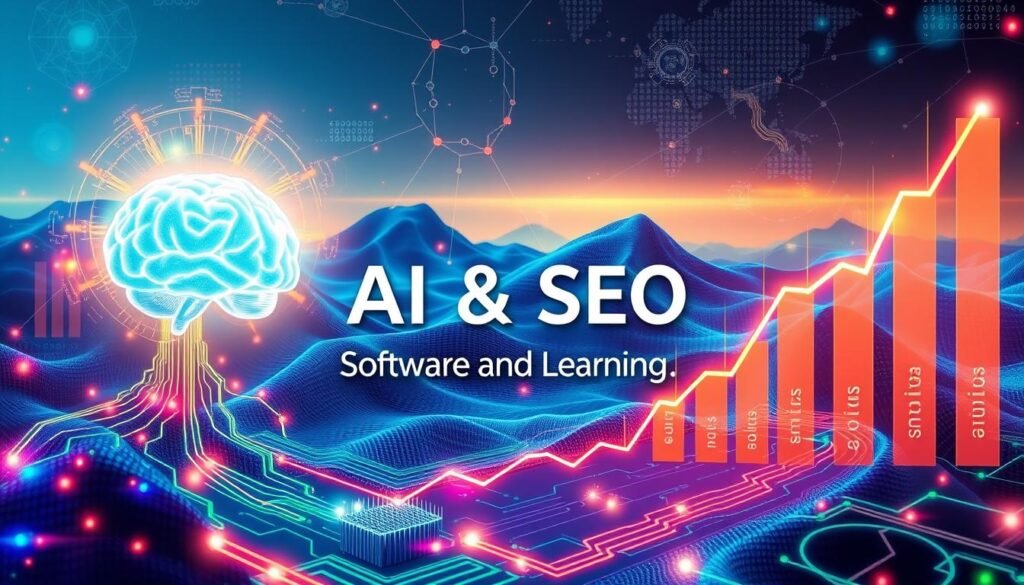
AI-Powered SEO Tools: An Overview
In today's digital landscape, leveraging AI SEO tools can significantly elevate your search engine optimization efforts. With numerous popular AI tools for SEO currently available, understanding their features and pricing is crucial for selecting the right tool to suit your specific needs.
Popular AI Tools for SEO
Various AI tools can enhance your SEO strategies, each offering unique functionalities. For instance:
- • HubSpot: Provides comprehensive tools for marketing, including SEO tracking.
- • Ahrefs: Known for its advanced backlink analysis and competitive research.
- • Semrush: Offers subscription pricing plans like Pro at $139.95/month, Guru for $249.95/month, and Business with custom pricing, making it suitable for diverse user needs7.
- • Jasper: Features multiple tiers including Creator at $39/month and Pro at $50/month8.
- • Surfer SEO: Provides pricing options such as Essential for $89/month and Scale for $129/month8.
- • Frase: Offers plans starting at $15/month, making it accessible for beginners8.
Choosing the Right Tool for Your Needs
When choosing AI tools for SEO, consider several crucial factors:
- • Integration Capabilities: Ensure the tool integrates seamlessly with your existing systems.
- • Specific SEO Functionalities: Analyze whether the features address your specific SEO challenges.
- • Budget: Understand the pricing models of different tools to select one that fits your financial capacity.
By assessing these factors, you will be better equipped to choose the most effective AI tools for SEO, maximizing your investment's potential. Remember, a tailored approach is critical to finding the best solution for your brand's unique requirements, ensuring your SEO strategies are optimized for success.
Benefits of AI for SEO
Integrating AI into your SEO strategy offers numerous benefits that enhance your approach and performance. Emphasizing efficiency in SEO and the ability to make informed decisions, AI tools are increasingly becoming essential for professionals in the field.
Efficiency and Time Savings
With AI, marketers can save significant amounts of time. Reports indicate that marketers using AI can reclaim up to 12.5 hours each week, translating to 25-26 extra working days annually9. This time can be redirected toward developing strategies and creating high-quality content, ultimately boosting productivity.
Data-Driven Insights for Better Decisions
AI tools generate data-driven insights that empower SEO professionals to shape effective strategies. They provide accurate analysis based on real-time metrics, enabling the identification of emerging trends and patterns that influence your approach. This capability leads to well-informed decisions that enhance overall SEO outcomes.
Enhancing User Experience and Engagement
AI significantly improves user experience and engagement by streamlining content creation processes. Engaging content generated through AI leads to higher dwell times, ultimately contributing to better SERP rankings10. By personalizing interactions, AI enhances customer satisfaction, making it a vital element in modern SEO strategies.
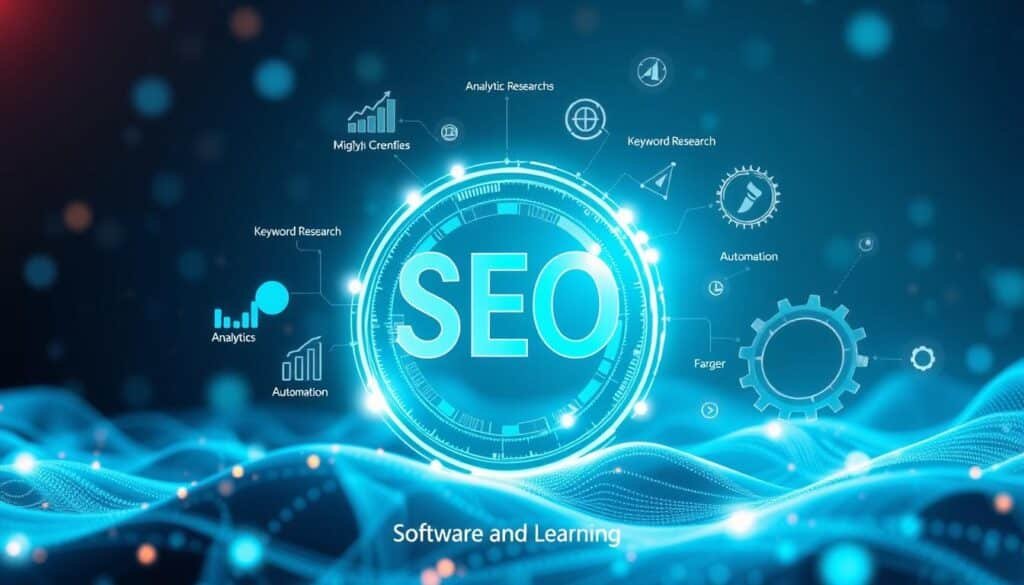
Implementing AI Keyword Research
Adopting AI for keyword research revolutionizes how you discover and implement essential terms for your SEO strategy. By automating keyword discovery, you can efficiently sift through extensive keyword data, uncovering opportunities that match user intent and enhancing your search visibility. This process not only saves valuable time but also increases accuracy in identifying relevant keywords that might have been overlooked.
Automating Keyword Discovery
Utilizing AI tools greatly enhances your capacity for automating keyword discovery. AI algorithms can quickly generate a list of related and long-tail keywords based on a primary seed keyword, making it easier for you to expand your content strategy without extensive manual efforts. These tools provide rapid, accurate results and significantly reduce the risk of human error, allowing you to focus on crafting content that resonates with your audience1112.
Grouping Keywords for Enhanced Strategy
Once you've identified a range of relevant keywords, the next step is grouping keywords for enhanced strategy. AI tools excel at organizing keywords into meaningful clusters categorized by search intent and difficulty level. This structured approach helps in avoiding keyword cannibalization and streamlines the planning process for content development11. With effective grouping, you can ensure that your content aligns with specific audience interests, ultimately boosting your site's relevance and authority.
AI for Content Optimization
In the realm of digital marketing, optimizing content with AI has become an essential practice for enhancing visibility and engagement. AI for content optimization streamlines the process, making it easier for you to generate quality content with AI assistance.
Creating Quality Content with AI Assistance
AI tools can significantly enhance your content creation process. By suggesting topic ideas, drafting outlines, and refining existing material, these tools help writers focus on crafting compelling narratives. For instance, over 15,000 SEO professionals have utilized AI-driven SEO tools, reporting increased traffic by as much as 1,250% through optimized content strategies13. Tools like Jasper improve SEO by seamlessly incorporating target keywords into your articles, enhancing user experience14. The efficiency with which AI can facilitate content generation not only saves time but allows for a higher volume of quality content with AI than traditional methods13.
Using AI to Update Existing Content
Regularly updating existing content is vital for maintaining relevance in a fast-paced digital environment. AI assists in identifying content that needs refreshing based on performance metrics and provides actionable suggestions for improvement13. For example, AI tools automate tasks like keyword research and content analysis, allowing businesses to stay ahead of trends without the burden of additional human resources15. Such capabilities ensure that your content remains engaging and optimized, ultimately driving traffic and increasing user satisfaction.
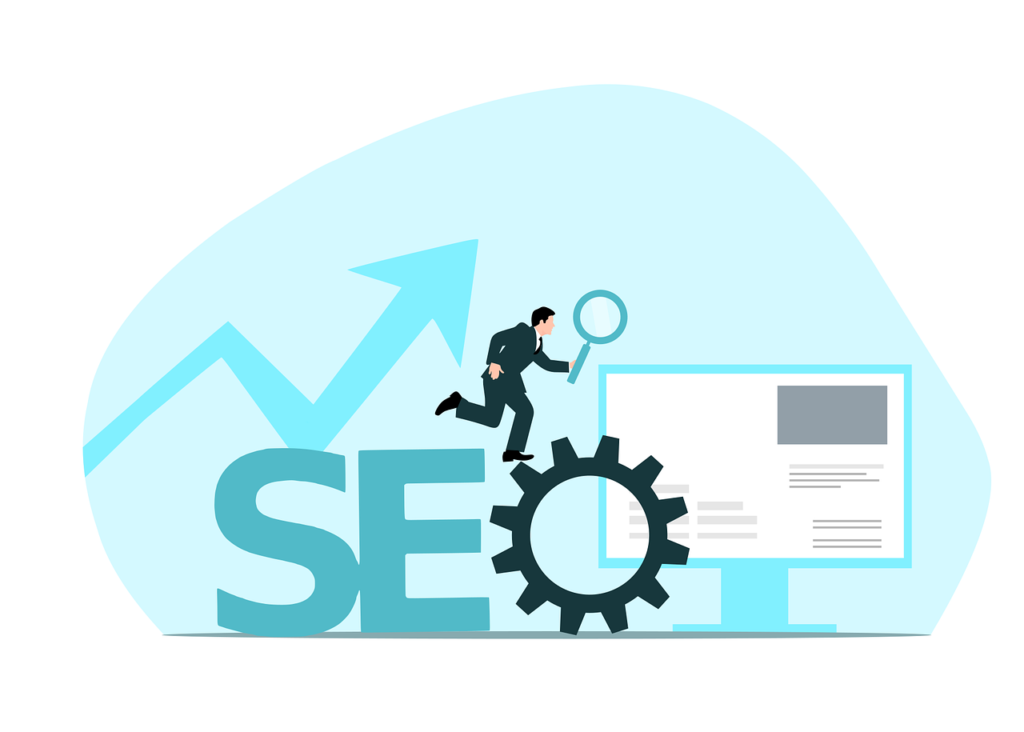
| AI Tool | Functionality | Key Benefit |
|---|---|---|
| Surfer SEO | Analyzes on-page signals | Informed SEO decisions |
| Jasper | Integrates target keywords naturally | Improved SEO and user experience |
| Semrush | Provides content insights and optimization suggestions | Enhanced rankings and organic traffic |
| Frase | Optimizes content with briefs and questions | Improved audience engagement |
| INK | Generates keyword-focused content | Streamlined writing process |
| ContentShake AI | Suggests titles based on top-ranking content | Effective SEO strategy |
The Role of AI in Technical SEO
In the world of technical SEO, AI is rapidly changing the landscape. The integration of AI in technical SEO involves automating processes and improving efficiencies that were previously labor-intensive. With the advent of tools powered by AI, you can streamline operations significantly and focus more on strategy than on manual audits.
Automating Technical Audits
Automating technical audits is a game changer for digital marketers. AI tools enable site-wide audits, helping to pinpoint technical issues that may impact performance without the need for manual assessments. This evolution not only saves you considerable time but also enhances overall site health by finding issues that often go unnoticed in traditional audits16.
Identifying and Fixing Issues Efficiently
AI systems continuously monitor your website, notifying you of potential issues as they arise. This immediate insight allows for faster corrections, ensuring optimal functionality. Tools like BrightEdge and Market Brew excel in this area, providing detailed insights for enhanced decision-making as they help identify and fix technical SEO issues efficiently17. In doing so, you improve both user experience and site credibility.
| AI Tool | Functionality | Key Benefits |
|---|---|---|
| BrightEdge | Competitive analysis, content optimization | Enhanced performance forecasting |
| Market Brew | Technical SEO audits, predictive modeling | Improved search visibility insights |
| CanIRank | Competitor analysis | Actionable insights for ranking improvement |
| Frase | Content creation and optimization | SEO-friendly content briefing |
| SurferSEO | On-page element analysis | Data-driven content guidelines |
AI-Driven Content Strategy
Implementing an effective AI-driven content strategy can revolutionize how you manage your content output. By leveraging advanced tools and techniques, you can create a better content calendar that aligns more closely with audience expectations and interests. Below is a closer look at how to enhance your content planning and execution.
Building a Better Content Calendar
AI technologies have the power to transform your scheduling processes by evaluating trending topics and user behavior. AI tools can identify what content resonates with your audience, helping you prioritize themes that drive engagement and interest. For instance, tools like HubSpot and INK analyze top-performing content to suggest optimal topics and keywords for improvement1819. Taking advantage of these features creates a more strategic approach to your planning, ensuring your calendar is filled with timely and relevant content that appeals to your target audience.
Aligning Content with Audience Interests
Understanding your audience is crucial for creating content that truly resonates. AI-driven solutions provide insights into consumer preferences, enabling you to tailor your messaging accordingly. With automated tools capable of analyzing customer sentiment and historical data, you can develop content strategies that reflect current audience interests. This personalization fosters increased engagement and loyalty by delivering exactly what your audience desires1920. As you implement these strategies, your ability to predict future trends based on real-time data analysis will only improve.
| AI Tools | Capabilities | Benefits |
|---|---|---|
| HubSpot | Content ideas and drafts | Streamlines brainstorming |
| Jasper | Content creation | Engaging narrative development |
| ChatGPT | Text generation | Efficient optimization |
| INK | Content analysis | Improved keyword visibility |
| Frase | Content research | Actionable improvement recommendations |
Monitoring and Analyzing Performance with AI
In today's fast-paced digital environment, monitoring performance with AI is essential for businesses seeking to optimize their SEO strategies. Implementing AI tools enhances your ability to track Key Performance Indicators (KPIs) effectively, allowing real-time adjustments to your marketing strategies.
Tracking Key Performance Indicators
AI can continuously monitor critical SEO KPIs such as organic traffic, bounce rates, and conversion rates. These real-time insights help you evaluate the effectiveness of your SEO efforts and guide necessary adjustments. For instance, 62% of businesses that invested in AI-powered data insights reported increased productivity and positive returns21. By utilizing AI in SEO, you can potentially achieve higher site traffic from improved placements on SERPs21. Machine learning algorithms assess user behavior, predicting content that attracts engagement21.
Using AI for A/B Testing and Optimization
Employing A/B testing with AI greatly simplifies the process of optimizing campaigns. AI can generate variations of content and measure their performance against established benchmarks. This invaluable capability speeds up optimization, making it more efficient. Marketers leveraging AI automation can cut down on manual tasks, significantly enhancing productivity; McKinsey estimates that AI could boost marketing productivity by up to 15%, resulting in savings of about $463 billion annually22. Furthermore, a study found that around 67% of SEOs believe generative AI's best advantage lies in automating repetitive tasks, which includes aspects of A/B testing22.
Conclusion
Utilizing AI for SEO is rapidly reshaping the way businesses approach their digital marketing strategies. With the ability to automate repetitive tasks, AI tools enhance the accuracy and speed of SEO implementations, allowing you to tap into valuable insights without the grueling effort of manual analysis23. The benefits of AI in SEO extend beyond mere efficiency; they include uncovering hidden opportunities and driving user engagement through tailored content, ultimately improving your online visibility.
As demonstrated by various case studies, AI-generated content can effectively meet Google's quality standards, such as Expertise, Authoritativeness, and Trustworthiness (E-A-T), ensuring it delivers real value to users24. By leveraging tools that analyze keyword trends and user intent, you can create compelling content that resonates with your audience and ranks well on search engines25.
In a world where digital landscapes continuously evolve, embracing AI for SEO is not just an option but a necessity for maintaining a competitive edge. By consistently implementing AI-driven strategies, you position your business for success, better adaptability, and sustainable growth in an ever-changing marketplace.

